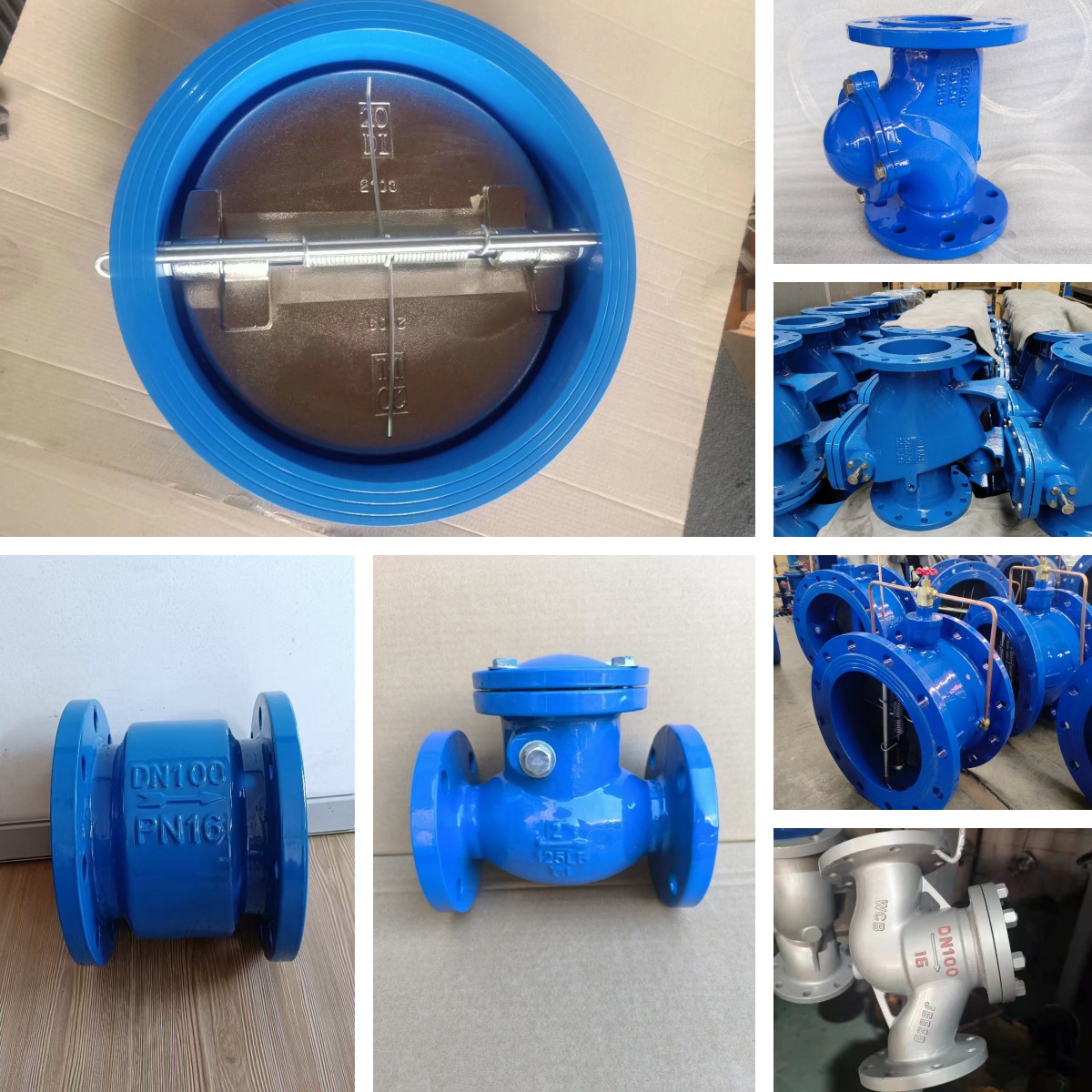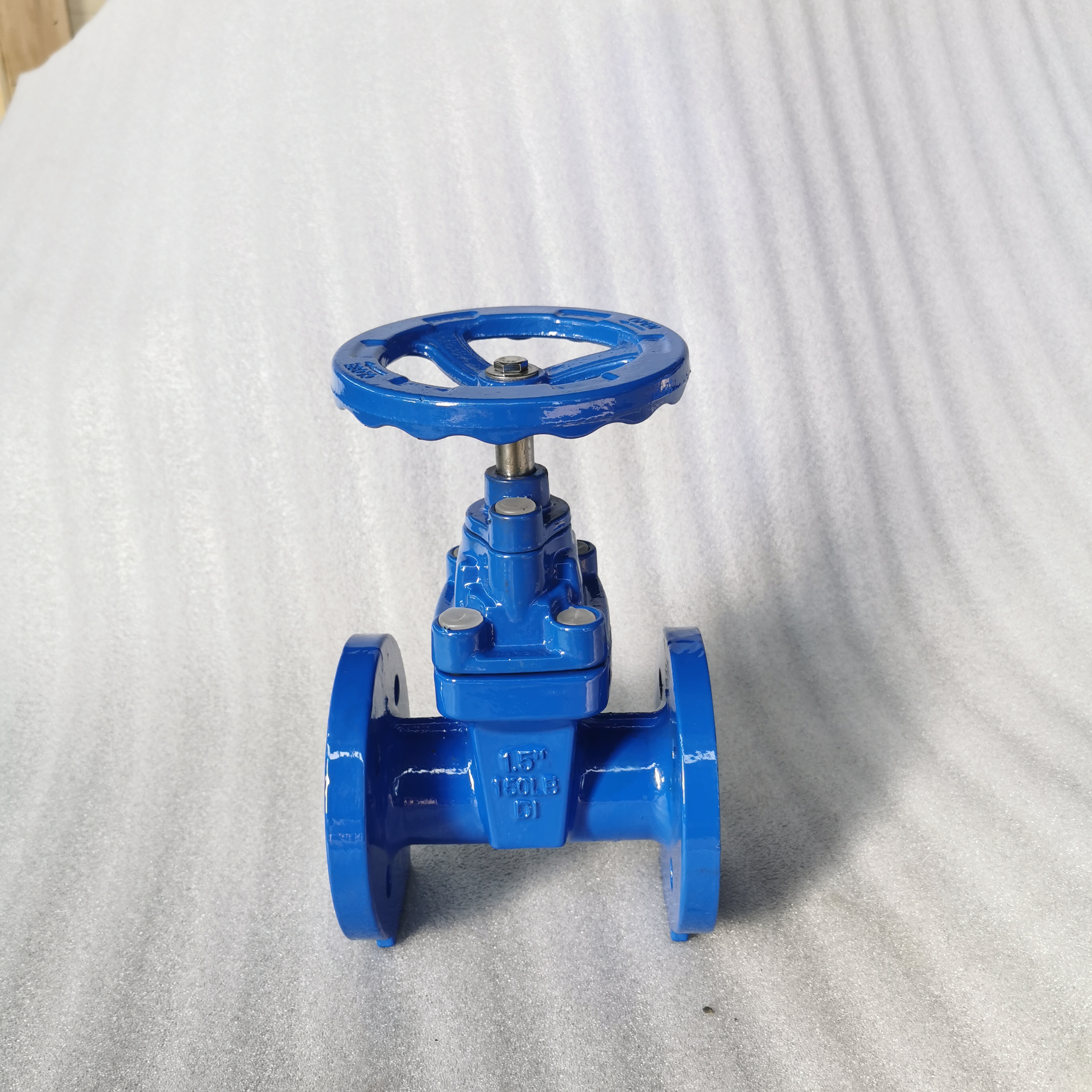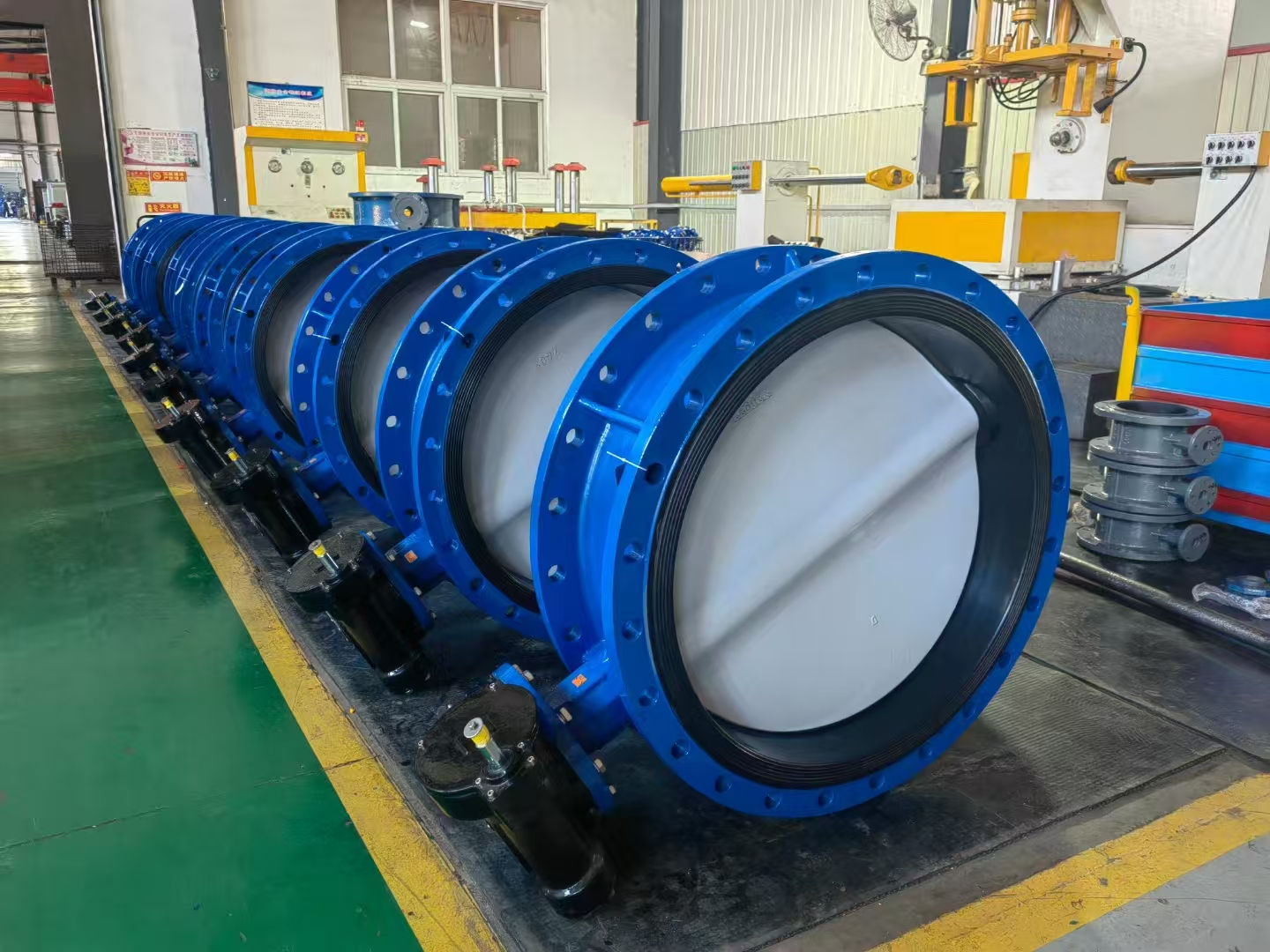According to the characteristics of the medium, the appropriate valve body material should be selected. The following lists the corresponding valve body materials for different media and the precautions in practical applications:
1. Water medium
A. Ordinary fresh water (normal temperature)
- Materials: cast iron, ductile iron, carbon steel (surface galvanized), 304 stainless steel
- Reason: low cost, weak corrosion resistance.
- Note: 316 stainless steel should be selected for water containing chloride ions or high hardness.
B. Seawater/salt water (containing Cl⁻)
- Materials: 316L stainless steel, duplex stainless steel (2205), titanium alloy, Hastelloy C-276
- Reason: Anti-chloride ion corrosion, titanium has excellent corrosion resistance in seawater.
- Note: Wear-resistant coatings (such as ceramic linings) should be considered when the flow rate is high.
2. Acidic media
A. Hydrochloric acid (HCl)
a. Dilute hydrochloric acid (<10%):
- Materials: PVDF (polyvinylidene fluoride), PTFE-lined valve, Hastelloy B-2
b. Concentrated hydrochloric acid (>20%):
- Materials: Hastelloy B-3, tantalum, ceramic valve body (zirconia)
- Note: Avoid using stainless steel (easily corroded).
B. Sulfuric acid (H₂SO₄)
a. Dilute sulfuric acid (<70%, room temperature):
- Materials: 316 stainless steel, high silicon cast iron (Duriron)
b. Concentrated sulfuric acid (>80%, high temperature):
- Materials: Hastelloy C-276, silicon carbide ceramic (SiC)
- Note: High-temperature concentrated sulfuric acid should avoid ordinary metal materials.
C. Nitric acid (HNO₃)
a. Dilute nitric acid at room temperature: 304/316 stainless steel.
b. High temperature concentrated nitric acid: titanium alloy (TA2), high purity aluminum.
Note: Titanium may burn in fuming nitric acid, so be careful.
III. Alkaline medium
A. Sodium hydroxide (NaOH)
a. Low temperature and low concentration: 304 stainless steel, nickel-based alloy (Monel 400).
b. High temperature and high concentration: Hastelloy C-276, titanium alloy (limited alkali corrosion resistance, need to be tested).
- Note: Avoid amphoteric metals such as aluminum and zinc.
B. Ammonia (NH₃·H₂O)
a. Materials: 316 stainless steel, copper alloy (bronze), duplex stainless steel.
b. Note: Copper alloy has good corrosion resistance in ammonia, but stress corrosion should be avoided.








